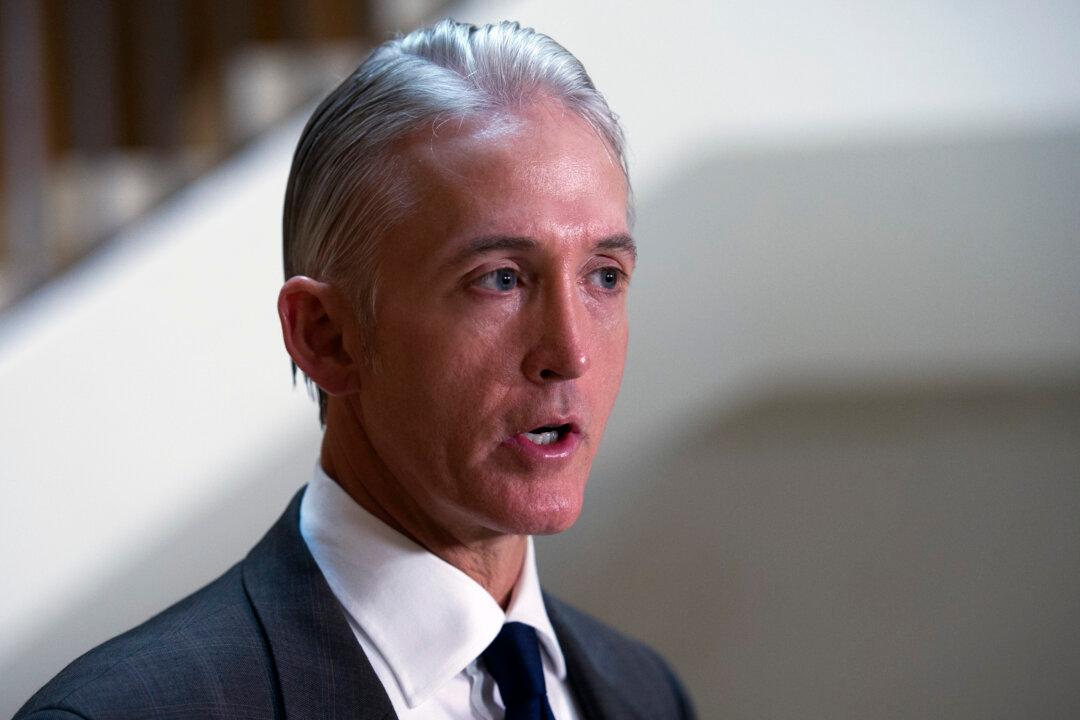WASHINGTON — The chairman of the panel investigating the deadly 2012 Benghazi attacks said Sunday that new information reveals a “total disconnect” between the security needs of U.S. personnel on the ground and the political priorities of Hillary Rodham Clinton’s State Department staff in Washington.
Rep. Trey Gowdy, R-S.C., described emails from Ambassador Chris Stevens to the State Department requesting more security almost from the moment he arrived in Libya. The request virtually crossed paths with one Clinton’s staff sent to Stevens, asking the new ambassador to read and respond to an email from a Clinton confidant, according to Gowdy. At another point, Clinton aide Victoria Nuland asked Stevens for advice on “public messaging” on the increasingly dangerous situation in the region, Gowdy said.
“He didn’t need help with (public relations), and he was asking for more security,” Gowdy said on CBS' “Face the Nation.” Gowdy refused to release the emails on Sunday. But he said they point to “the total disconnect between what was happening in Libya with the escalation in violence — that we were a soft target, that there was an increase in anti-Western sentiment ... while Washington is asking him to read and react to a Sidney Blumenthal email and help on how to message the violence.”
At one point, according to Gowdy, Stevens joked in an email: “Maybe we should ask another government to pay for our security upgrades because our government isn’t willing to do it.”
Gowdy described the emails as he defends his 17-month probe into the Sept. 11, 2012, attack that left Stevens and three other Americans dead, and anticipates Clinton’s long-awaited public testimony on Thursday. The event is a make-or-break moment for the investigation that even some Republicans say was designed to undermine Clinton’s second bid for president.





